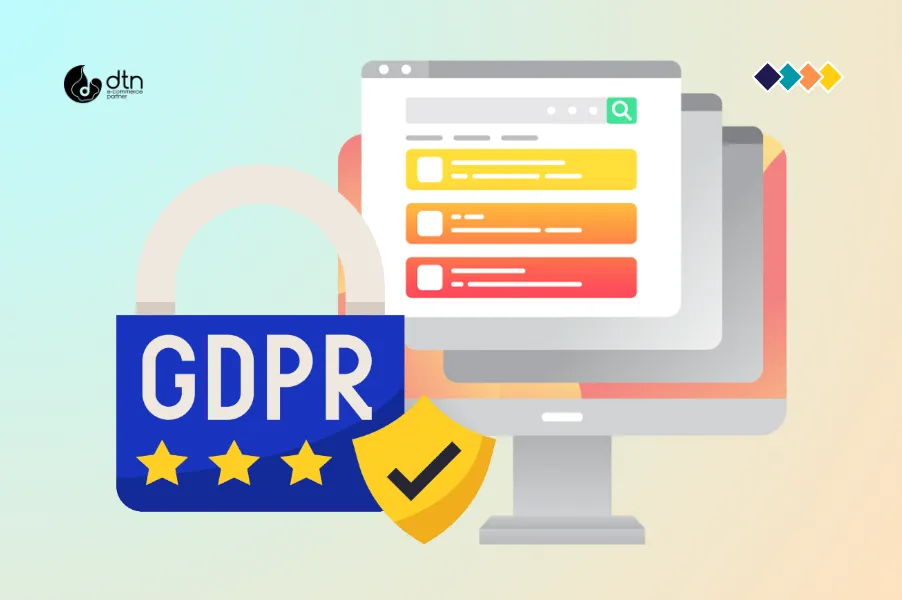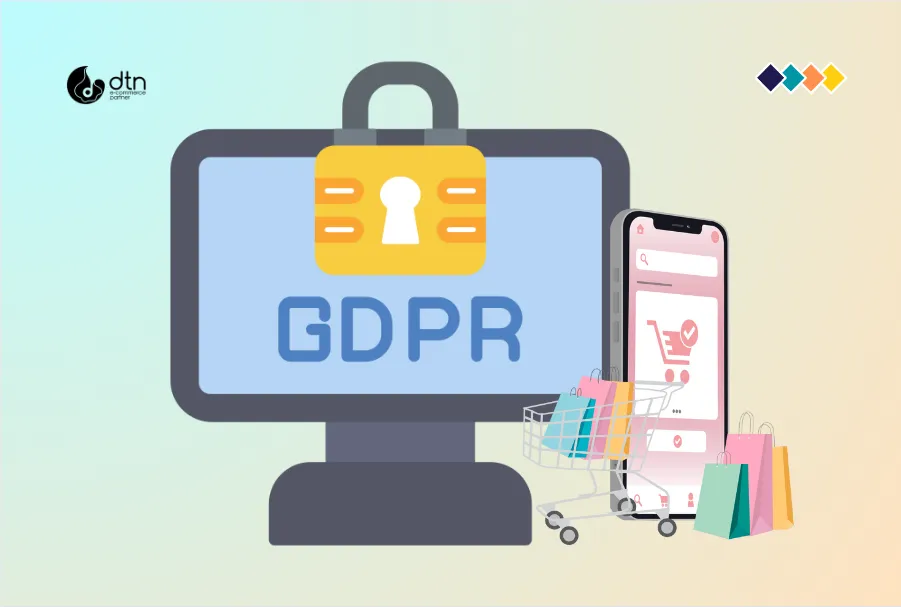In today’s digital age, businesses collect and process vast amounts of customer data. From names and addresses to online browsing habits and purchase histories, this data is essential for marketing, customer service, and product development. However, with great power comes great responsibility: GDPR Compliance for Handling Customer Data. Businesses must ensure that they are handling customer data in a compliant and ethical manner.
The General Data Protection Regulation (GDPR) is a European Union (EU) regulation that sets out strict rules for the collection, storage, and use of personal data. GDPR applies to any business that processes the personal data of EU residents, regardless of where the business is located.
Non-compliance with GDPR can lead to substantial fines and reputational damage. So, it’s essential to understand the regulation and take steps to ensure that your business is compliant.
What is Personal Data?
Personal data refers to any information that can be utilized to identify an individual. This includes:
- Navn
- Address
- Email address
- Phone number
- Date of birth
- Social Security number
- Credit card number
- Health information
- Political opinions
- Religious beliefs

GDPR Principles
GDPR is based on six key principles:
- Lawfulness, fairness, and transparency: Businesses must have a lawful basis for collecting and processing personal data, and they must be transparent about how they use the data.
- Purpose limitation: Businesses can only collect and process personal data for specific, legitimate purposes.
- Data minimization: Businesses should only collect and process the minimum amount of personal data necessary for their purposes.
- Accuracy: Businesses must ensure that the personal data they hold is accurate and up to date.
- Storage limitation: Businesses should only store personal data for as long as necessary for their purposes.
- Integrity and confidentiality: Businesses must protect personal data from unauthorized access, use, or disclosure.

GDPR Compliance
To comply with GDPR, businesses must take a number of steps, including:
- Appointing a data protection officer (DPO): The DPO is responsible for overseeing GDPR compliance within the business.
- Conducting a data audit: Businesses need to identify all of the personal data they collect and process, and assess whether they have a lawful basis for doing so.
- Developing a data protection policy: The policy should outline the business’s procedures for collecting, storing, and using personal data.
- Implementing technical and organizational measures: Businesses need to implement appropriate security measures to protect personal data from unauthorized access, use, or disclosure.
- Providing data subject rights: Individuals have the right to access, rectify, erase, and restrict the processing of their personal data. Businesses must provide mechanisms for individuals to exercise these rights.

Conclusion
GDPR is a complex regulation, but it is essential for businesses to understand and comply with it. By taking the necessary steps to ensure GDPR compliance, businesses can protect their customers’ data and avoid the risk of fines and reputational damage.
Ofte stillede spørgsmål
Vi har samlet en liste med svar på almindelige spørgsmål.
No, the GDPR applies to any business that handles the personal data of individuals residing in the EU, irrespective of the business’s location. This means that businesses operating outside the EU must also comply with GDPR if they handle EU residents’ personal data.
Non-compliance with GDPR can result in severe consequences for businesses, including fines of up to €20 million or 4% of the company’s annual global turnover, whichever is higher. Additionally, non-compliance can lead to reputational damage, loss of customer trust, and potential legal action from affected individuals or regulatory authorities.
When using third-party service providers or cloud services, businesses must ensure that these providers comply with GDPR requirements. This includes conducting due diligence to assess the provider’s data protection measures, entering into GDPR-compliant data processing agreements, and regularly monitoring the provider’s compliance status. Businesses remain ultimately responsible for the protection of personal data, even when outsourcing certain functions to third parties.
Yes, GDPR mandates that consent for the processing of personal data must be freely given, specific, informed, and unambiguous. Businesses must use clear and plain language to explain the purposes for which data is being collected and processed, and individuals must have the option to withdraw their consent at any time. Additionally, businesses cannot use pre-ticked boxes or other forms of implied consent; consent must be obtained through an affirmative action from the individual.
The frequency of data audits may vary depending on the size and complexity of the business, as well as the volume and sensitivity of the data being processed. However, it’s generally recommended for businesses to conduct regular data audits, at least annually or whenever there are significant changes to data processing activities, systems, or regulations. Regular audits help businesses identify and address compliance gaps, mitigate risks, and demonstrate ongoing commitment to GDPR compliance.



